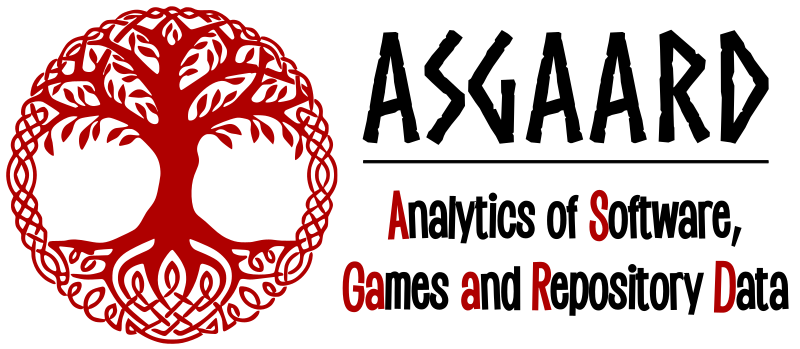Mohammad Reza’s paper “GlitchBench: Can large multimodal models detect video game glitches?” was accepted for publication at the CVPR 2024 conference! Super congrats Mohammad Reza and co-author Tianjun! This was a collaboration with Dr. Anh Nguyen from Auburn University.
Abstract: “Large multimodal models (LMMs) have evolved from large language models (LLMs) to integrate multiple input modalities, such as visual inputs. This integration augments the capacity of LLMs for tasks requiring visual comprehension and reasoning. However, the extent and limitations of their enhanced abilities are not fully understood, especially when it comes to real-world tasks. To address this gap, we introduce GlitchBench, a novel benchmark derived from video game quality assurance tasks, to test and evaluate the reasoning capabilities of LMMs. Our benchmark is curated from a variety of unusual and glitched scenarios from video games and aims to challenge both the visual and linguistic reasoning powers of LMMs in detecting and interpreting
out-of-the-ordinary events. We evaluate multiple state-of-the-art LMMs, and we show that GlitchBench presents a new challenge for these models. Code and data are available at: https://glitchbench.github.io/.”
A preprint of the paper is available here.
